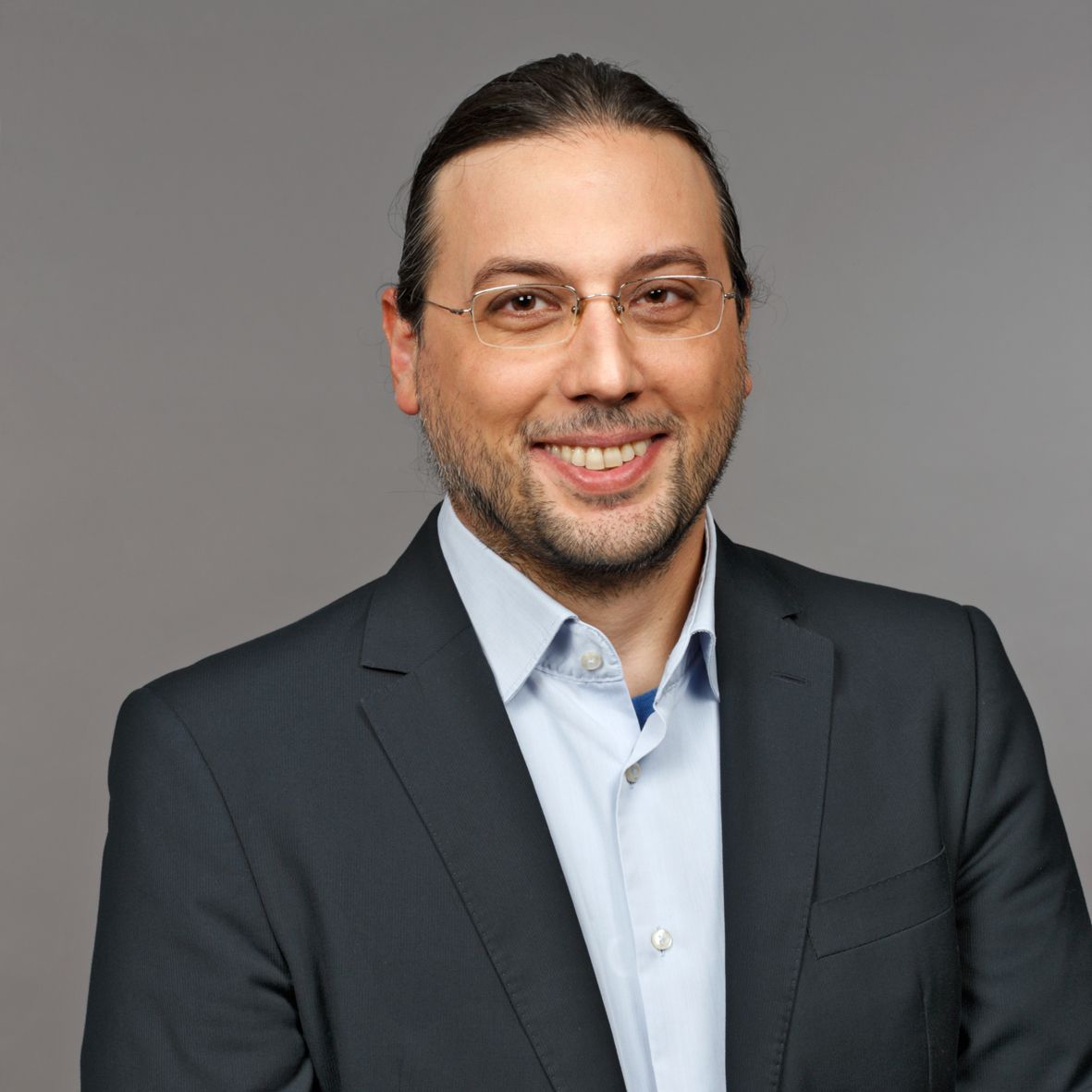265 reads
How Hacks Happen: Views on the July 4th Ransomware Attack
by
July 7th, 2021

Dr. Eduardo Rocha is Senior Solutions Architect & Anti-Fraud Expert at GlobalDots.
About Author
Dr. Eduardo Rocha is Senior Solutions Architect & Anti-Fraud Expert at GlobalDots.
